Spring Bud Blooms | Former Spring Bud Girl Lives Life to Fullest
Editor's Note
With the care of the Communist Party of China (CPC) Central Committee, and under the leadership of the All-China Women's Federation, the China Children and Teenagers' Fund (CCTF) launched the Spring Bud Project in 1989, to help impoverished girls return to school, and to promote girls' education in disadvantaged areas.
Since the 18th CPC National Congress, in 2012, with the attention and concern of the CPC Central Committee with Comrade Xi Jinping at the core, and with the strong support of Peng Liyuan, special envoy of the Spring Bud Project for promoting girls' education, the project has conducted various activities to care for and support girls, and it has focused on girls' education, safety and health. During the past decade, the project has supported 1.76 million girls, and it has provided one-on-one companionship services and personalized psychological counseling to 133,400 girls. After they receive support from the project, the Spring Bud girls never forget to give back to society. With love and various actions, the girls have demonstrated the Spring Bud spirit of "unremitting self-improvement, striving for excellence, developing stronger virtues and pursuing better lives."
Today, we introduce a new section, Spring Bud Blooms, to share stories about Spring Bud girls who have grown up and become contributing members of society, and to encourage society to care for the development of girls. Yu Guowen is one of them.
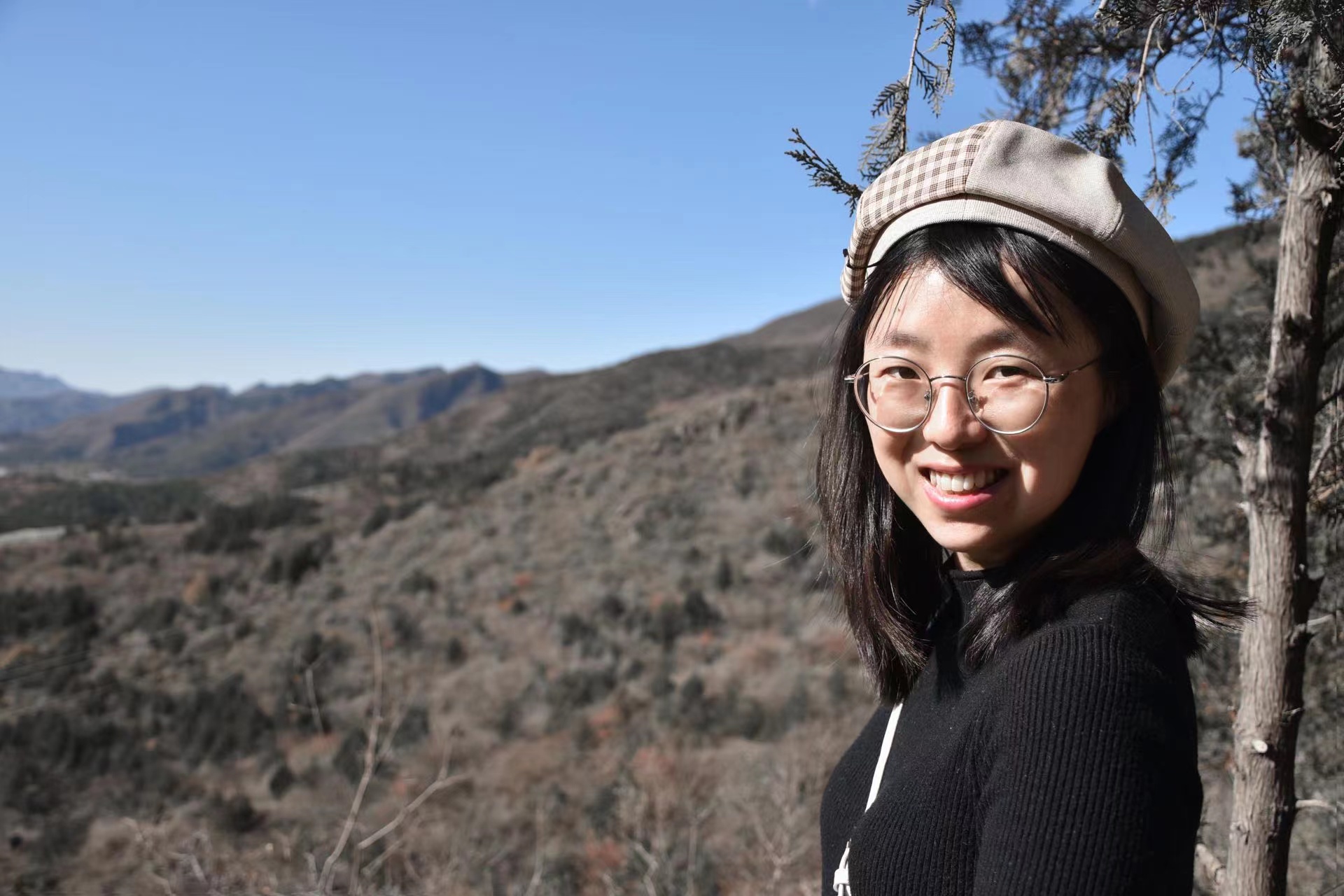
"The Spring Bud Project is like a beam of light illuminating my way forward. The love and assistance from the public have provided me with great strength, and have kept me going through every stage of my life smoothly," says Yu Guowen, a beneficiary of the project. Yu has always been grateful for the encouragement and assistance she has received from her family and society.
Yu was born into a disadvantaged rural family in a mountainous village in Nanjing, capital of East China's Jiangsu Province, in 1988.
When she was a child, most of her family members, except her father, were in poor health and, as a result, a large amount of the family's limited income had to be used to pay medical bills.
The family couldn't afford to pay Yu's school fees when she was old enough to attend school; therefore, the family had to pay part of the tuition fees, and make up the remainder when they had extra money.
Although Yu's family was poor at that time, Yu's parents never stopped supporting their children's education. "My parents and grandparents believed that girls should receive an education … I am lucky to have my family's support," Yu says.
Back then, many of the villagers believed it was useless for girls to attend school. There were only eight girls of the 24 students in Yu's class, and two of those girls eventually dropped out of school.
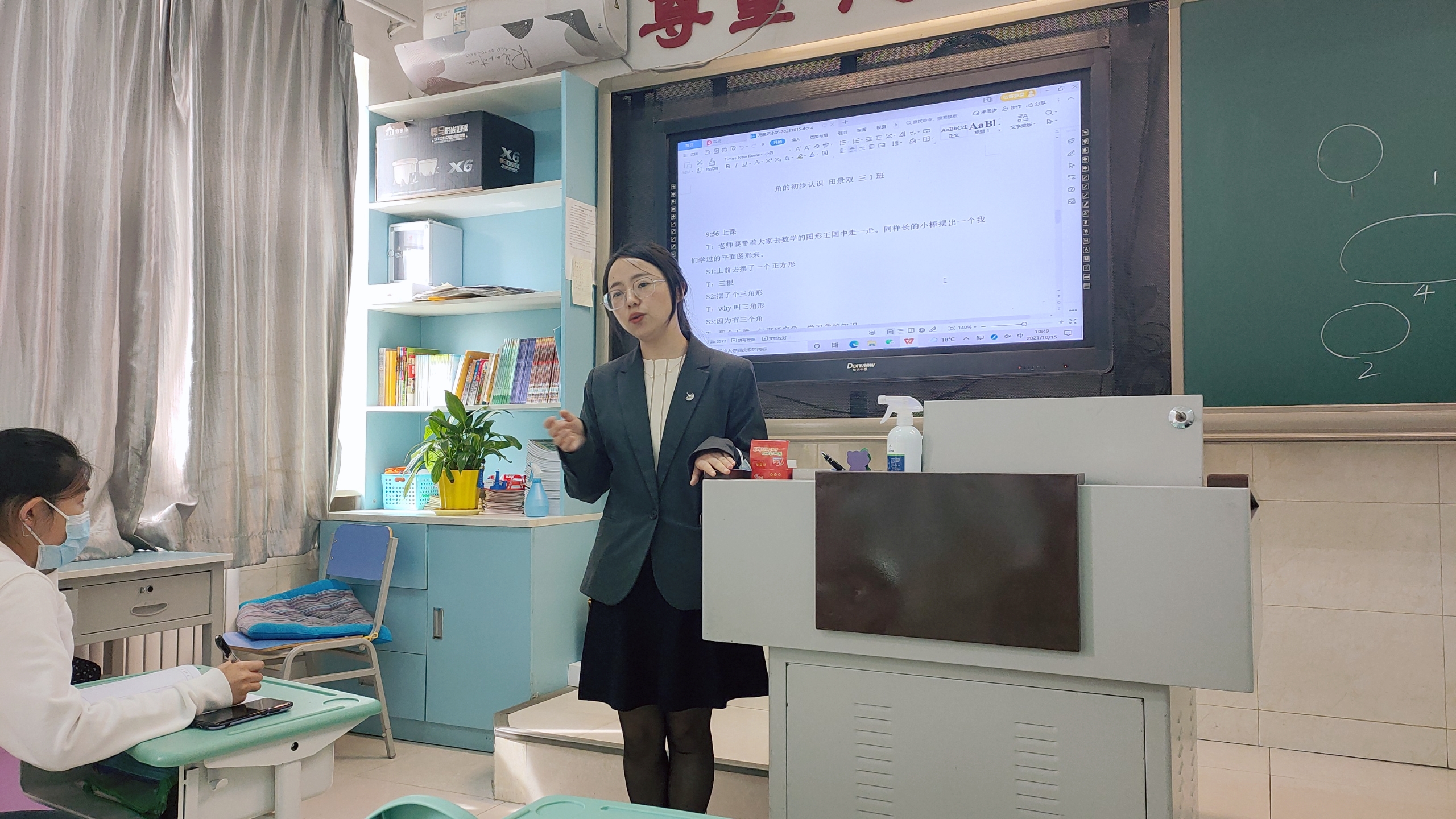
Yu chose to stay in Beijing after she completed her postdoctoral studies there in 2019. Her younger sister also landed a job in Beijing after she graduated, with a master's degree, from a university in Beijing.
Inspired by their stories, people in the small village now attach more importance to education. Villagers often hail the foresight of Yu's parents in sending their daughters to school.
Yu was transferred to a primary school in a nearby township in 1999. Paying for the textbooks, and other school fees, was a financial burden for her family, despite the fact they were exempt (under favorable national policies) from paying her tuition.
"When my family did not know what to do, the Spring Bud Project came to me. It covered all of the expenses, from the fifth grade of elementary school through the middle school years," Yu says.
Under the example set by the Spring Bud Project, many philanthropic enterprises and individuals offered support to both Yu and her school after they heard of her inspirational story.
Some charity-minded firms offered to pay Yu's tuition fees after she was admitted to Nanjing Normal University, in Nanjing, in 2012.
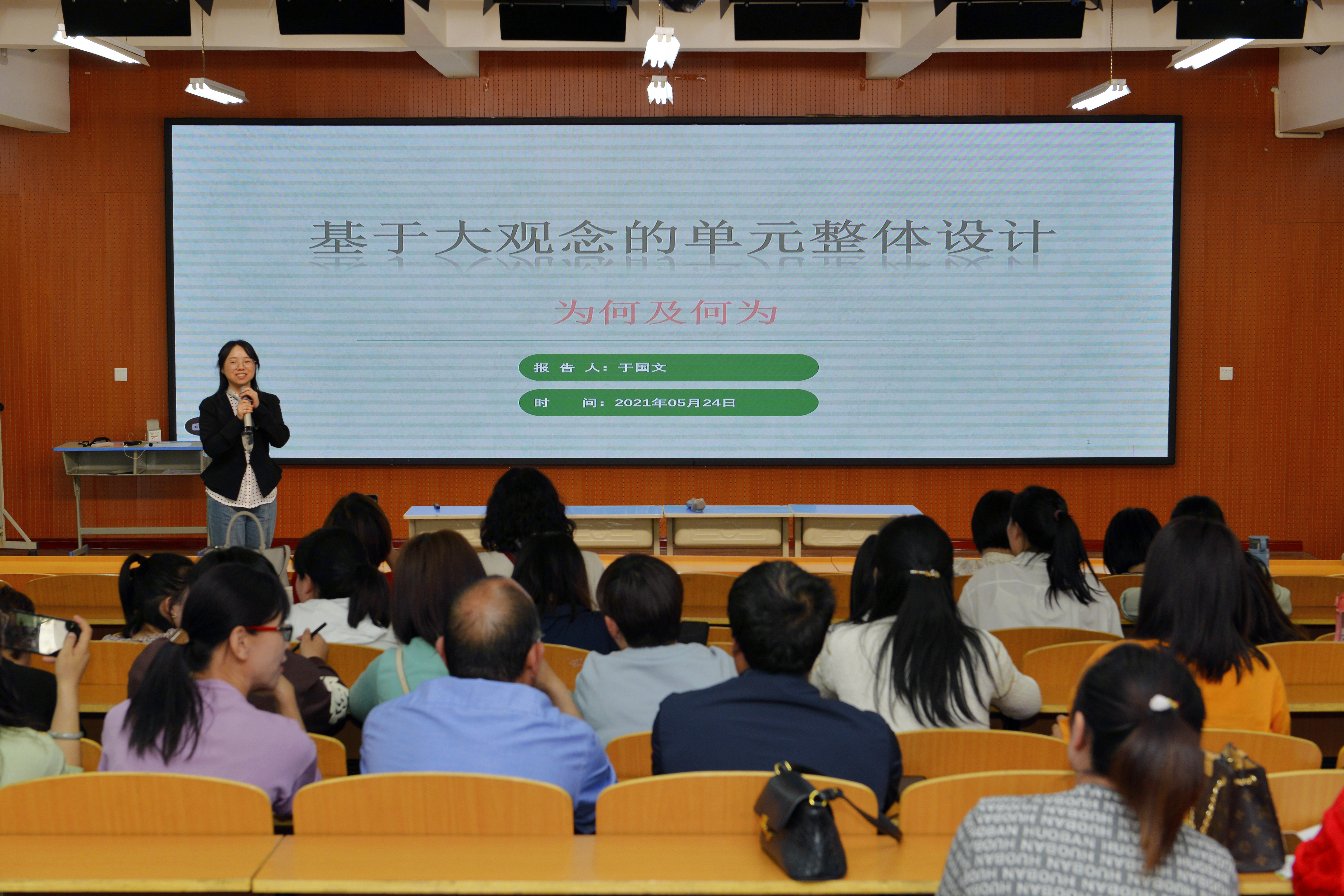
Yu moved to Beijing, to further her studies at Beijing Normal University, after she completed her undergraduate education in Nanjing.
In 2019, Yu became a researcher at the Beijing Academy of Educational Sciences, after she completed her postdoctoral studies at Beijing Normal University. Her research is focused on primary education.
When explaining her reason for taking the job, Yu said she appreciated the profession of teaching, and that her research work allowed her to hold frequent communications and interactions with teachers and students every week.
Yu is always willing to participate in public-welfare activities. She wants to pass on to others the help and love that others gave to her.
When she attended Nanjing Normal University, Yu visited a school for children of rural migrant workers every Wednesday, and she served as a provisional teacher.
Yu continued to use her free time participating in volunteer services when she was a student in Beijing.

She says participating in volunteer activities has helped her appreciate the lives of different people and inspired her to keep positive and optimistic when facing difficulties.
Yu has served as a volunteer in hospitals. "I once met a patient, who was in his 40s, at a hospital. He was optimistic, despite of his serious illness. I respected him, and I was deeply impressed by his positive attitude toward life," she says.
As a new mother, Yu says she wants to take her child with her when she participates in public-welfare activities.
Photos Supplied by CCTF
(Women of China English Monthly)
Please understand that womenofchina.cn,a non-profit, information-communication website, cannot reach every writer before using articles and images. For copyright issues, please contact us by emailing: website@womenofchina.cn. The articles published and opinions expressed on this website represent the opinions of writers and are not necessarily shared by womenofchina.cn.

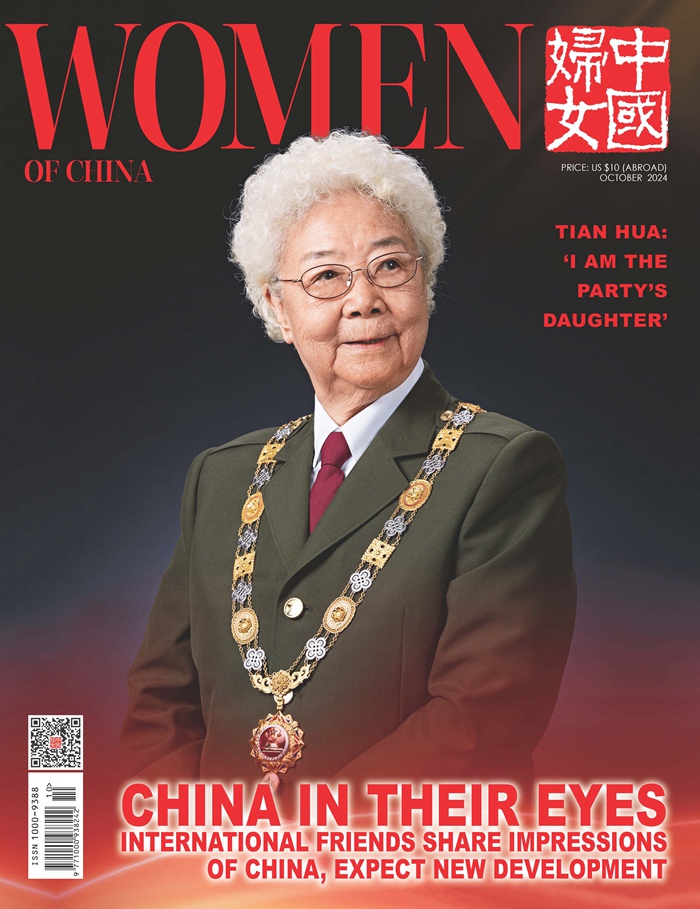


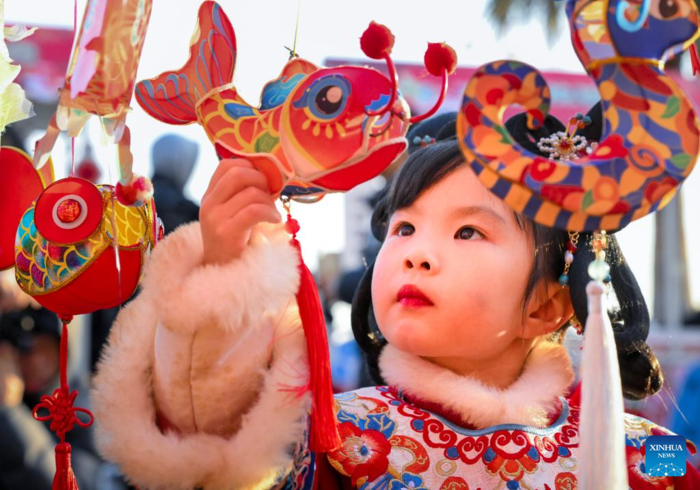

.jpg)

 WeChat
WeChat Weibo
Weibo 京公网安备 11010102004314号
京公网安备 11010102004314号